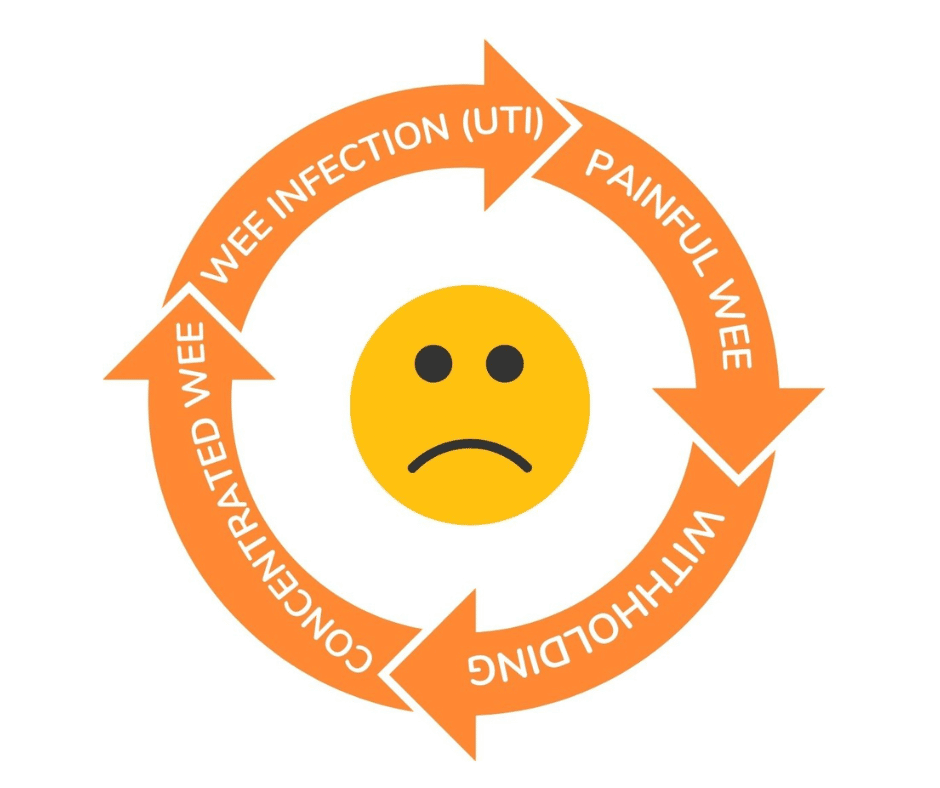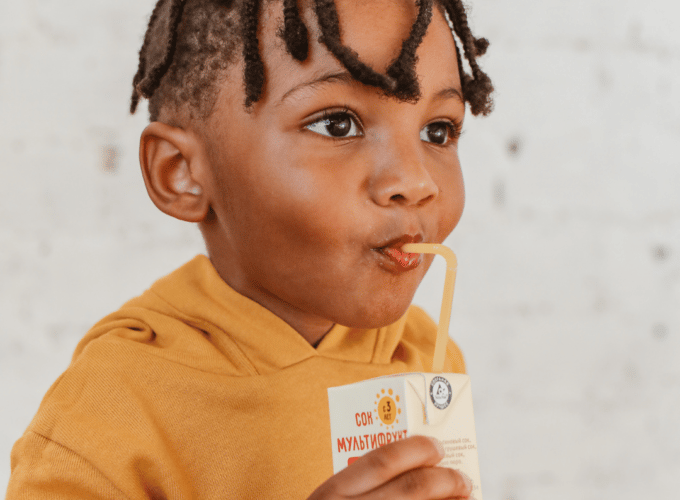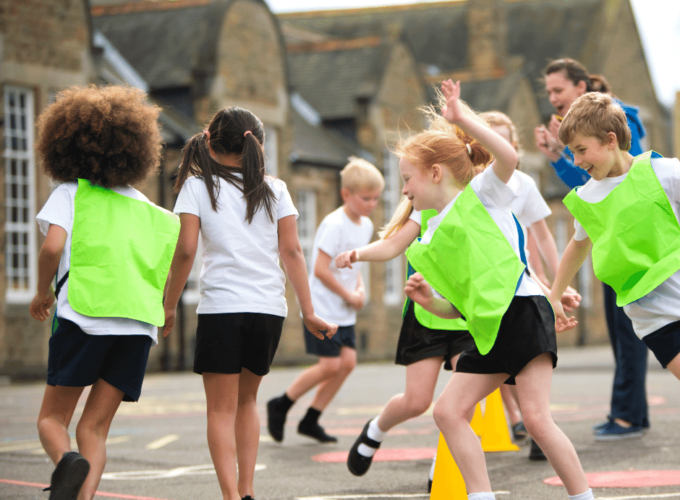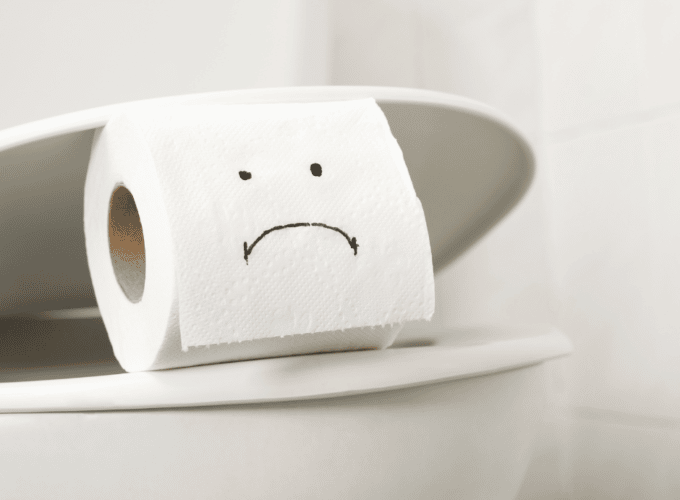Wee withholding
Last Reviewed: October 2022
Holding on to wee is something young children can get into the habit of doing especially when they're potty training.
It's not as common as ‘poo holding’, but can still be a worry if your child avoids emptying their bladder for long periods. The good news is it's very unlikely to do any long term damage to their bladder.
Find out more about why children sometimes hold their bladders and how you can help them to stop avoiding the toilet.
What is wee withholding?
Children's bladders work best when they are fully emptied on a regular basis. Normal bladder emptying (also known as 'voiding') is around every 2/2.5 hours hours in school aged children.
Babies and younger children often pass urine more frequently whilst their bladder is growing and they are potty training.
Some children hold their pee for long periods and overstretch their bladders. Other children get into the habit of an 'abnormal voiding pattern'. They find it hard to relax their muscles when they do sit on the toilet and this affects their ability to wee normally. The different parts of their urinary tract system stop working together as they should.
Why is you child holding their bladder?
Reasons for wee withholding include:
- Constipation and having an overloaded bowel can squash a child's bladder and stop it from being able to fill and empty properly. Check if your child may be struggling with constipation and find out how to treat it.
- If your child withholds their poo, they may start to hold their wee too. By sitting on the toilet for a wee, they are more likely to feel the urge for a poo, or some stool could force its’ way out. By avoiding sitting at all they are still in control.
- Being away from the comfort of home and family when starting nursery, school or another childcare setting. As the periods of time become longer, the holding can become more of an issue. A child may hold on all day at nursery for example and only do a wee when they get home.
- If your child has had a urinary tract infection (UTI), they may associate the pain they had with weeing, so avoid passing urine even after any infection has been treated.
- Pain and discomfort when passing a wee can also be felt if your child isn't drinking enough. Their urine can become strong and may sting, so they avoid doing a wee.
- Being denied access to the toilet at school. Get more help with this on our school toilets information page.
Wee withholding cycle
Just like when children hold on to their poo, avoiding doing a wee can lead to other problems and so the cycle goes on.
Holding is likely to overstretch the bladder, it also makes the child more likely to develop a urinary tract infection. The more concentrated and painful their wee is to pass, the more a child tries to avoid weeing all together.

How to stop wee withholding:
The pattern of wee withholding can be changed back into a normal one by encouraging your child to wee at regular intervals and fully empty their bladder.
Get more information and help with this in our advice for children's daytime bladder problems.
If your child has been unable to wee for some hours and is getting uncomfortable, seek medical help urgently.
Other ways to help your child:
- If their problem began due to poo holding/constipation and is still a problem for your child, this needs to be treated first.
- Look at that toilet environment, have a conversation your the child about the toilets.
- Having a wee is easier when you are relaxed rather than tense. Help your child to relax on the toilet, make it more comfortable with their feet supported on a stool. Try having music playing, reading a story together or singing a song.
- When we blow, whilst sitting comfortably on the toilet, it helps us to empty our bladder and bowel. Blowing a windmill, instrument or even feathers on cotton lengths may help them start to wee and with emptying. There are lots of ideas in our blog about relaxing on the toilet.
- If your child is more sensitive to things like smell, touch, sound or visual inputs, there's lots of information in our Toileting and Sensory Needs resource.
- Some children find having a wee whilst in the bath is easier, this is a great temporary solution, but obviously will not be possible away from the home.
- Some children have difficulty starting a wee. It may help to use a bladder stimulator – a vibrating device they can hold over the full bladder whilst sitting comfortably on the toilet. Hesitancy should be assessed by a Health Care Professional first.
Can wee withholding cause long term bladder damage?
Wee holding is a habit that your child is likely to grow out of with time, but is something that can and should be treated before having an effect on your child’s bladder health.
Holding is likely to overstretch the bladder, it also makes children more likely to endure a urinary tract infection and also it can lead to kidney damage due to the back pressure.
Please be reassured however, that if this issue does not continue for too long, it won't have a long term effect.
Further help
If you have any concerns about your child's bladder health, please book an appointment with a doctor or nurse.
- All
- Factsheets
- For Parents
- Treatment
How to maintain a healthy bladder and tackle common problems such as wetting accidents, withholding and UTIs.
Restricting access to the toilet at school can aggravate or even create continence problems. Find out what your child's rights are at school around using the toilet.
Get help understanding how fear of the toilet can affect your child and how you can support them to overcome their worries.
Upcoming events
Share this page



